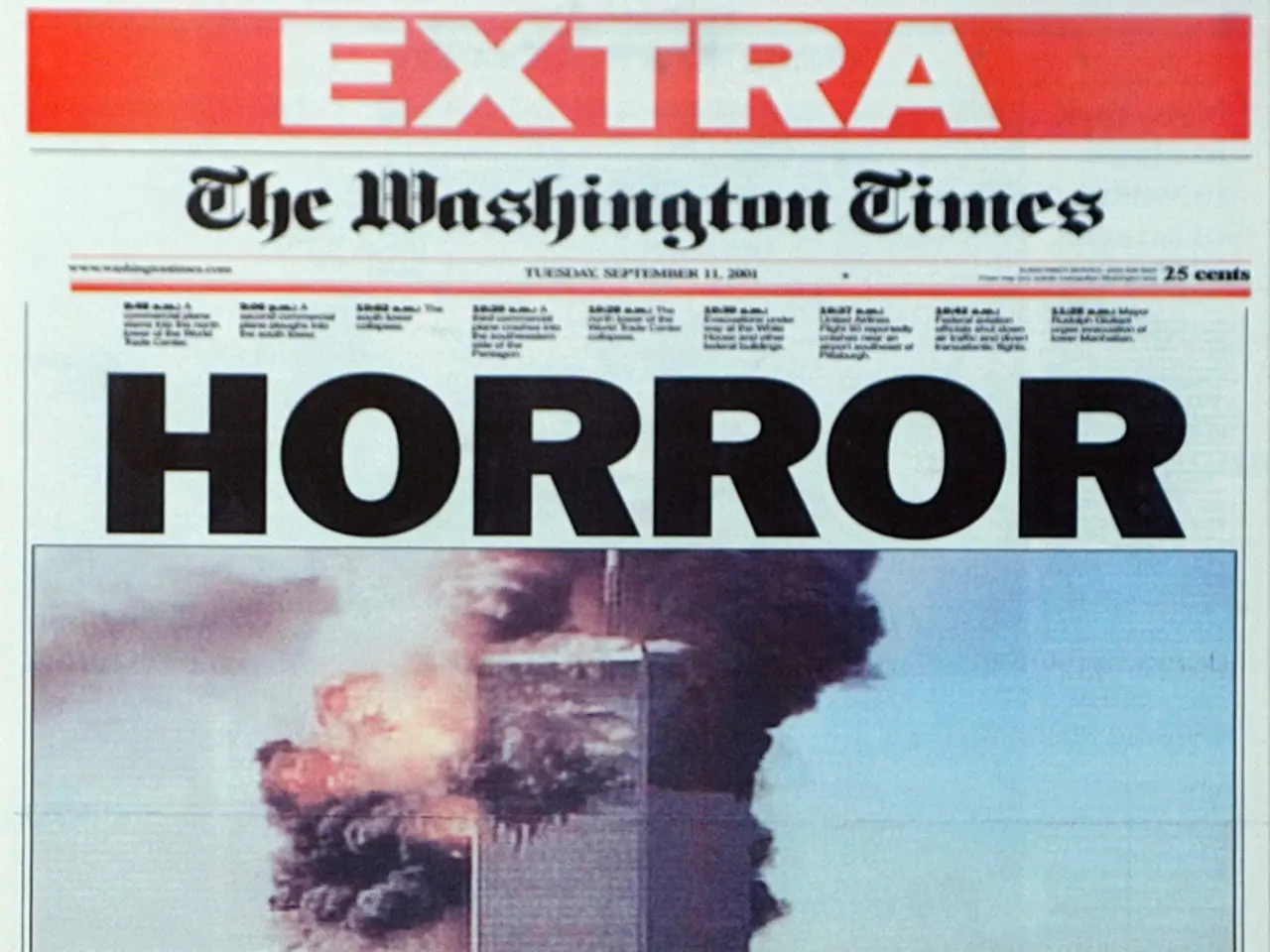The drivers of the shift in Britain's stance toward recognizing a Palestinian state.
In a significant shift in foreign policy, the UK and France have taken bold steps towards recognizing Palestine as a state, aiming to push for a long-awaited resolution to the Israeli-Palestinian conflict.
The UK's new direction was announced after British Prime Minister Keir Starmer met with US President Donald Trump in Scotland. Starmer believes that statehood is the inalienable right of the Palestinian people, and his government is using the recognition of a Palestinian state as a means of political pressure to push forward the two-state solution.
In a statement, Starmer said the UK could recognize Palestine as a state as soon as September unless Israel's government met certain conditions, including a ceasefire, not annexing the occupied West Bank, and committing to a long-term peace process. This policy turnaround was presented in London just a day after an emergency meeting called by Starmer.
France also plans to recognize Palestine as a state during the UN General Assembly in early September. This move comes as 147 out of 193 UN member states already recognize Palestine as a state.
However, Israel's Prime Minister Benjamin Netanyahu has criticized Starmer's plan, describing it as "appeasement towards jihadist terrorists." Donald Trump has also criticized Starmer, saying he is "rewarding Hamas."
The two-state solution, a proposed resolution to the Israeli-Palestinian conflict, involves the establishment of two separate states, one for Israelis and one for Palestinians, living side by side in peace. This solution envisions Israel existing alongside a sovereign, viable Palestinian state on territories Israel captured in the 1967 war, including the West Bank and Gaza Strip.
The concept originates from the 1947 United Nations partition plan, which proposed dividing the British Mandate of Palestine into separate Jewish and Arab states. Jewish leaders accepted this plan, while Arab leaders rejected it, leading to conflict. The 1967 Six-Day War resulted in Israel occupying territories Palestinians claim for their future state.
Subsequent peace efforts, such as the 1993 Oslo Accords, attempted to realize Palestinian autonomy but have been undermined by ongoing violence, settlement expansion, and political divisions.
Recent international efforts, such as the 2025 High-Level International Conference in New York co-chaired by Saudi Arabia and France, have reaffirmed commitment to a two-state solution as the only viable path to peace and called for concrete, time-bound steps to implement it.
Despite challenges and recent escalations in violence, the two-state solution remains the internationally recognized framework aimed at facilitating coexistence and peace between Israelis and Palestinians. However, core obstacles to the two-state solution include disputes over borders, the status of Jerusalem, Palestinian refugees, and ongoing Israeli settlements in occupied territories.
The ongoing conflict in Gaza, which began in October 2023, has sown serious internal divisions in the UK. In cities like London, Manchester, and Glasgow, protesters regularly take to the streets in huge demonstrations calling for an end to the current conflict and Israeli occupation.
The United Nations and leading aid agencies have repeatedly warned of the increasing risk of starvation in Gaza. Israel has denied international journalists entry into Gaza since the beginning of Israel's siege, making it difficult to independently verify the death toll. The death toll in Gaza is considered broadly reliable, including by the Israeli military. Several recent studies suggest that the death toll in Gaza may actually be an undercount.
The history of the Israel-Palestine conflict is marked by complexities and controversies. For instance, the British government issued the Balfour Declaration in 1917, which supported the idea of a "national home for the Jewish people" in Palestine without considering the rights of the Arab majority population there.
As the world watches, the future of the two-state solution hangs in the balance. The UK and France's actions could mark a significant step towards a peaceful resolution or further escalate tensions in the region.
- The UK government's decision to potentially recognize Palestine as a state in September is part of a broader policy-and-legislation change aiming to push forward a two-state solution in the Israeli-Palestinian conflict, a significant shift in European politics and war-and-conflicts.
- The media in the general-news is closely monitoring the UK and France's actions, particularly the international implications of their policies on the long-standing Israeli-Palestinian conflict, a source of middle east news and ongoing war-and-conflicts.
- The Israeli Prime Minister, Benjamin Netanyahu, has criticized the UK's policy, labeling it as appeasement towards "jihadist terrorists," a notable point of contention in the politics surrounding the conflict.
- Despite opposition from some parties, recognizing Palestine as a state is seen by many within the UK government as a means to exert political pressure, a move that aligns with the general sentiment of several UN member states advocating for a resolution to the Israeli-Palestinian conflict.
- The international community's support for a two-state solution remains strong, with the 2025 High-Level International Conference in New York reaffirming a commitment to this resolution and calling for concrete steps towards its implementation, demonstrating shared interests in resolving war-and-conflicts.







